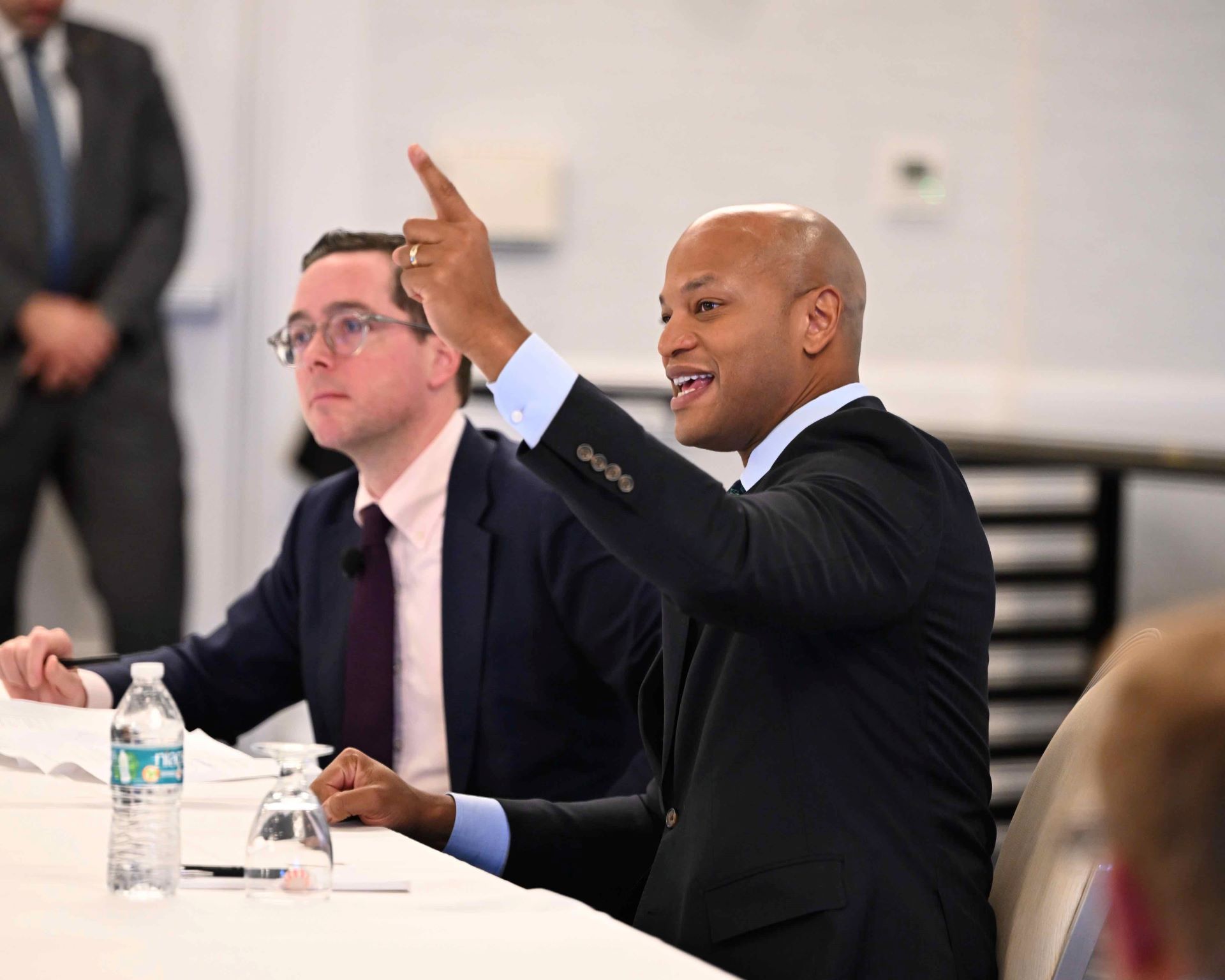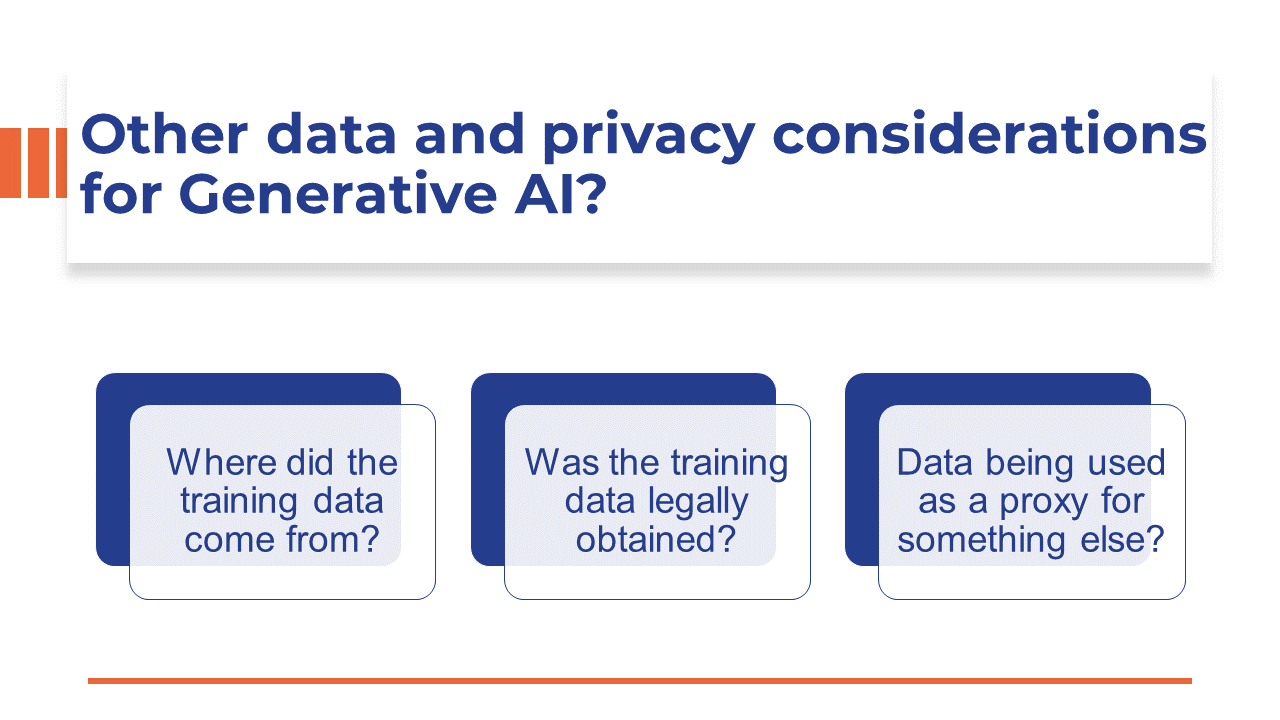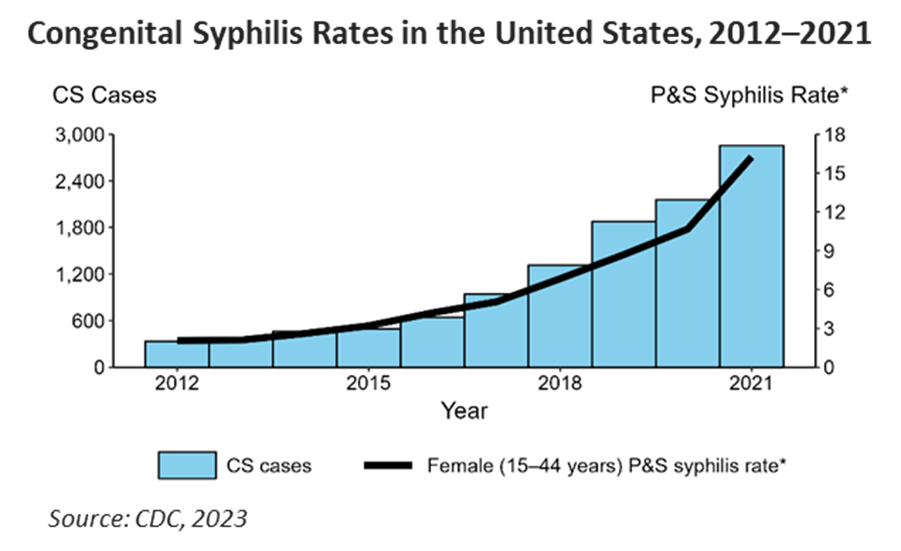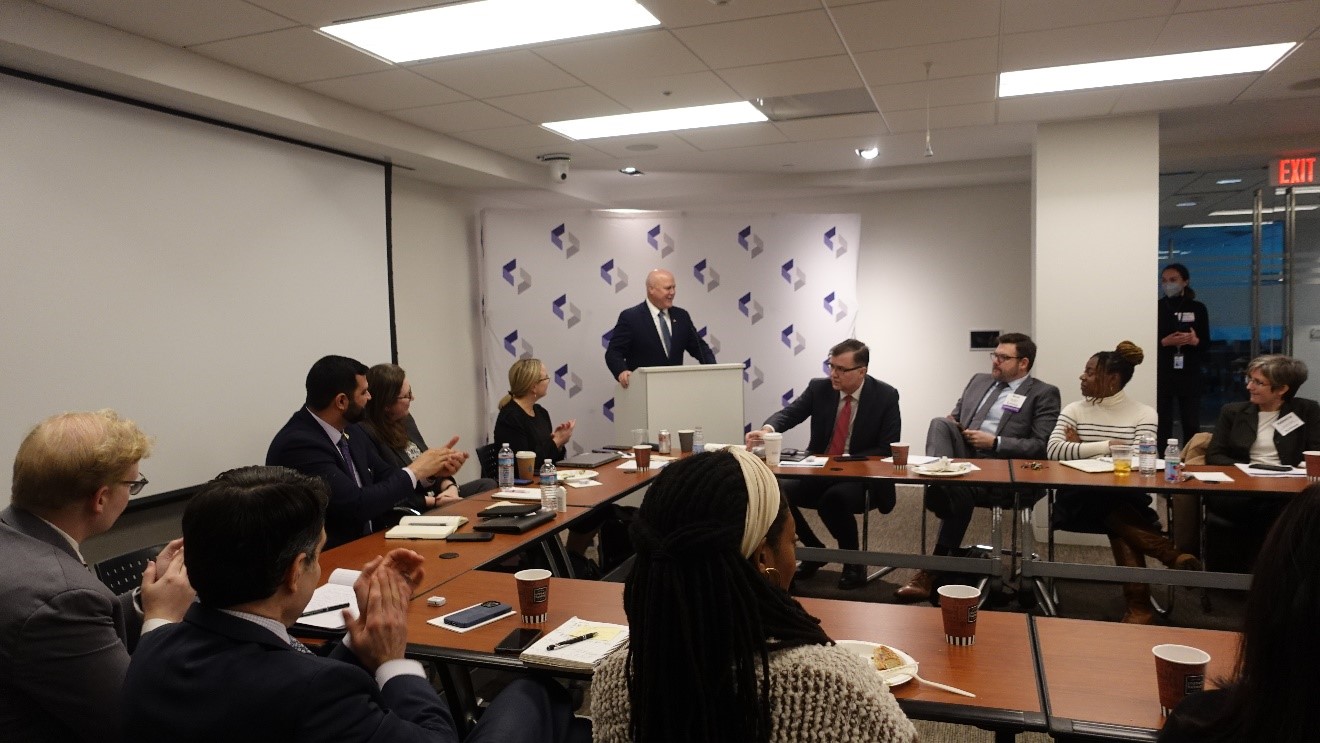As dollars begin to flow from the bipartisan Infrastructure Investment and Jobs Act (IIJA), CHIPS and Science Act and Inflation Reduction Act (IRA), and Governors and their staff increasingly focus on the delivery of infrastructure commitments, NGA has embarked on holding a series of regional workshops across the country focused on infrastructure project delivery and acceleration. The first of these project delivery workshops was held in Nashville, Tennessee, November 29-30, 2023. This convening was hosted in partnership with Tennessee Governor Bill Lee’s Office with a focus on states and territories located in the Southeastern part of the country.
This convening brought together Governors’ Infrastructure Coordinators and other advisors from Southeastern states and territories with NGA Partners and practitioners from the infrastructure project development, concessionaire, financial advisory, legal and consulting sectors. Rather than comprising a series of panel discussions, the workshop focused on facilitated discussions on each topic that were introduced by several speakers. The overall objective of this workshop was for Governors’ advisors to take home an in-depth knowledge of project delivery concepts and an understanding of key issues and debates and for private sector practitioners to have a better appreciation of the challenges facing Governors and their teams as they seek to deliver infrastructure for their communities.
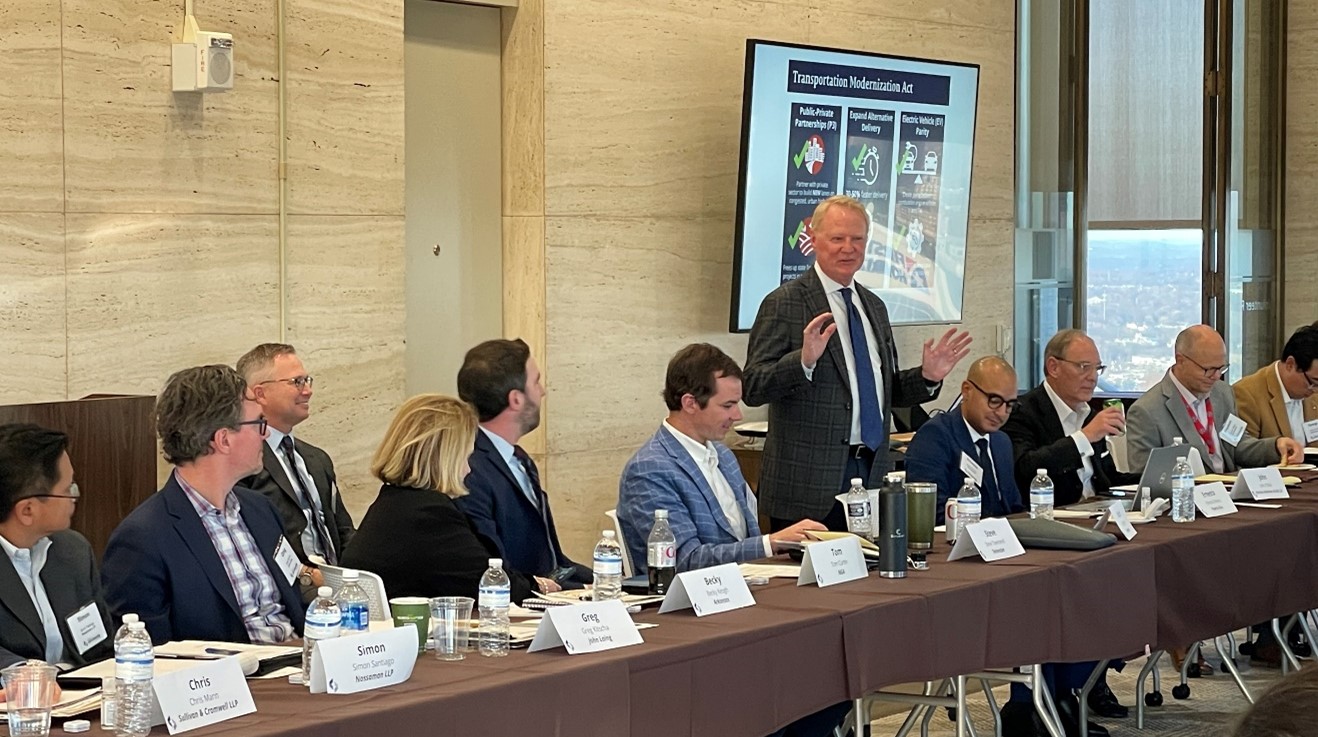
The workshop kicked off November 29 with an overview from the Tennessee team about some of the innovative solutions they have implemented to address infrastructure needs arising from rapid population and economic growth. Representatives from the Nashville International Airport (BNA) discussed their use of innovative delivery approaches to expand the airport to accommodate growing passenger traffic and to improve service delivery, including the construction of an on-site hotel leveraging private sector expertise. Officials from the Tennessee Department of Transportation then provided a detailed overview of the successful replacement of the historic Broadway Bridge in downtown Nashville, noting how they overcame challenges in rebuilding a major piece of infrastructure in a heavily trafficked area. Additionally, Tennessee Deputy Governor and Commissioner of Transportation Butch Eley highlighted the recently passed Transportation Modernization Act and outlined how provisions in the legislation will allow the Department of Transportation to pursue Choice (Express) Lanes and further adopt innovative procurement models such as design-build delivery.
Following introductory presentations from the Tennessee team, attendees dived further into the topic of infrastructure procurement methods. Speakers provided an overview of the range of infrastructure delivery models, such as design-build, progressive design-build, the construction manager/general contractor model, reverse procurement and public private partnerships (P3s). There was a robust dialogue on the pros and cons of different approaches and reflections on critical lessons learned in project procurement. A common observation made during this session was that a key ingredient of a successful project is a well thought-through communications plan, supported by ongoing dialogue with the public and project stakeholders.
The first day of programming continued with an in-depth discussion on funding and financing, including P3 models. Contributors observed that private infrastructure funds are at an all-time high and are ready to be deployed to support state and territory infrastructure delivery. The discussion also tackled the importance of appropriate risk allocation between the public and private sectors to promote innovation and competition, as well as the ability to incorporate Governors’ priorities in P3 contracts, such as workforce development requirements. Programming on the first day wrapped up with a dialogue on legal considerations. As projects and agreements become more and more complex, the importance of intelligent and thorough legal counsel was emphasized, as was the need to have advisors on board upfront and working “hand-in-glove” with the project team.
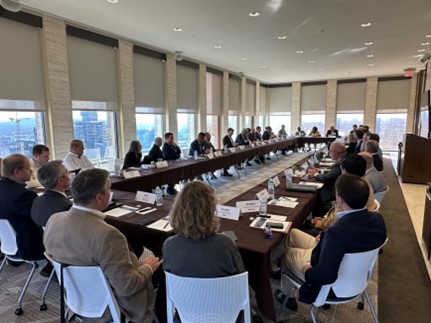
The morning of November 30, attendees reconvened to discuss infrastructure permitting, project integration, and project delivery and oversight. On the topic of infrastructure permitting, participants talked about best practice efforts at the state level to improve state infrastructure permitting processes as well as the power of accurate digital mapping in inter-agency coordination and streamlining approvals. The discussion on infrastructure permitting flowed into a dialogue on project integration and intersections. Contributors highlighted the challenges of delivering water infrastructure improvements in the context of small water systems, the power of bundling projects (e.g., water, broadband) to reduce costs and timelines, as well as the potential benefits of integrating technological improvements into major infrastructure projects, such as the capacity for autonomous vehicles.
During the final session on project delivery, the linkages between successful construction and completion of a project and efforts made upfront in the planning, pre-procurement and procurement phases were highlighted. For example, developing strong relationships, performance criteria and solid processes for future interactions between the project owner and contractor/concessioner can help avoid delays and conflict during the delivery phase. There was also a robust discussion on staff turnover in government agencies and the corresponding loss of institutional knowledge, as well as efforts being made to overcome these challenges.
NGA thanks Governor Lee’s team for their hospitality and for all their contributions over the course of the two-day convening. NGA also expresses appreciation for state and territory participants, NGA Partners and other practitioners who all contributed to making the event such a success.
To follow NGA’s ongoing activities and support for infrastructure implementation, please visit: https://www.nga.org/bestpractices/infrastructure/


